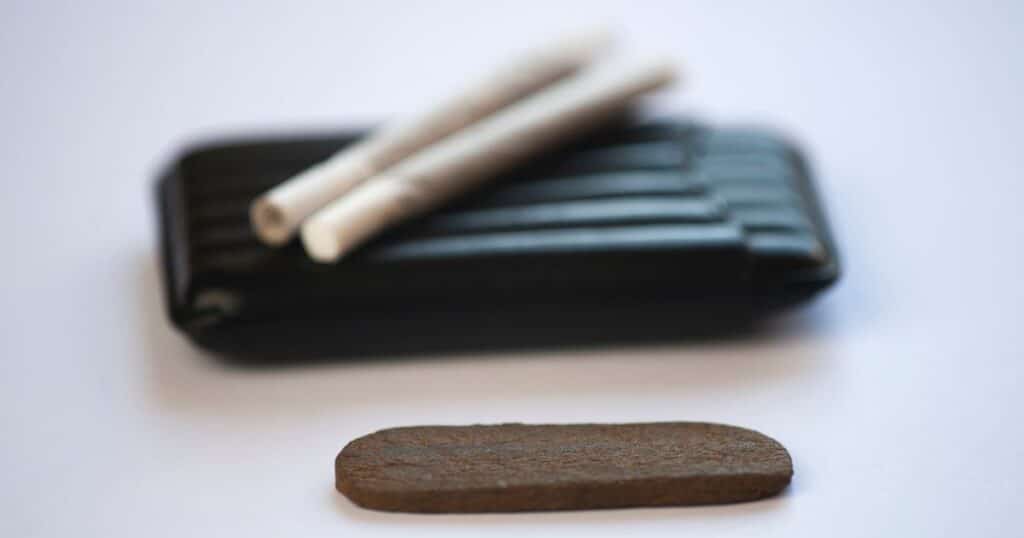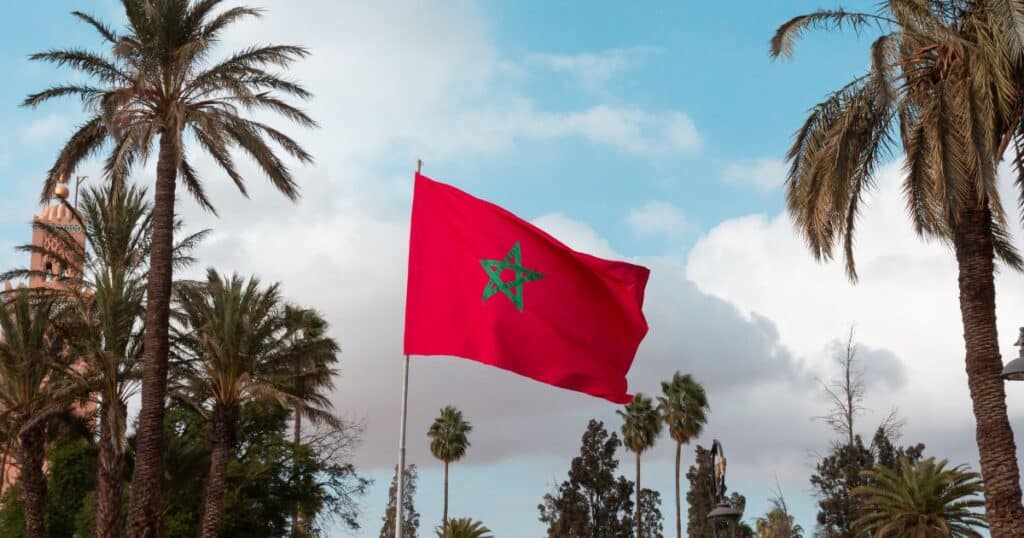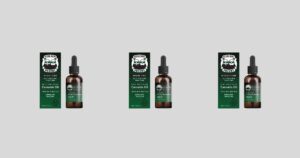Cannabis has been a staple of Moroccan agriculture for centuries, providing livelihoods for countless families in its mountainous Northern region. However, the legal landscape surrounding cannabis cultivation has undergone significant changes in recent years.
The latest development, a decision by Moroccan King Mohammed VI, pardoned over 4,800 people convicted, prosecuted, or wanted in cases related to cannabis cultivation, marks a pivotal moment in the nation’s evolving cannabis policy.

Pardon of Cannabis Related Crimes by Morocco King Mohammed VI
This Monday, on the anniversary of the King and People’s Revolution, King Mohammed VI of Morocco issued an order to pardon 4,831 people “convicted, prosecuted or wanted in cases related to the cultivation of Indian hemp, who met the conditions required to benefit from the pardon.”
This gesture is not only humanitarian but also reflects Morocco’s evolving stance on cannabis policy. It aims to reintegrate those affected into the new legal cannabis framework, fostering economic and social development in the process.
The justice ministry’s statement highlighted that this move would encourage farmers to engage in the legal process of cannabis cultivation. By transitioning to legal cultivation, farmers can improve their revenue and living conditions, contributing to the nation’s broader economic goals.
Morocco’s relationship with cannabis is deeply rooted in its history and culture. Over the past century, cannabis has become increasingly important to the growing population of northern Morocco.
In 2021, the country passed a law legalizing the production and medical use of cannabis, as well as authorizing the cultivation of industrial hemp. This legislation aimed to improve farmers’ incomes and protect them from drug traffickers who dominate the illicit cannabis trade.
Morocco established the National Agency for the Regulation of Cannabis Activities (ANRAC) to oversee the legal cultivation and export of cannabis for medical, pharmaceutical, and industrial purposes. ANRAC has been instrumental in granting licenses related to cannabis processing, seed importation, and product export.
In July 2024, Morocco made its initial legal cannabis shipment to Switzerland, marking a significant step toward entering the European medical cannabis market. The shipment included 100 kilograms of cannabis resin with a THC content below 1%.
Significance of the King’s Pardon
The King’s pardon is huge for the thousands of families who rely on cannabis cultivation for their livelihoods. Nearly a million people live in areas of northern Morocco where cannabis is the main economic activity. By pardoning those involved in illegal cannabis cultivation, the government aims to integrate them into the new legal framework, promoting stability and prosperity in these regions.
Mohammed El Guerrouj, head of Moroccan cannabis regulator ANRAC, via Reuters described the King’s decision as “”to engage in the legal process of cannabis cultivation to improve their revenue and living conditions,”
The legalization of medical cannabis and industrial hemp has the potential to transform Morocco’s economy. By shifting from illegal to legal cultivation, farmers can benefit from increased security, better market access, and improved income stability. This transition also reduces the influence of drug traffickers, enhancing safety and security in rural regions.
In 2023, Morocco’s first legal cannabis harvest yielded 294 metric tons, with legal exports totaling 225 kilograms. These figures are expected to rise as the number of farming permits increases from 430 in 2023 to over 2,000 so far this year, and ANRAC allows the cultivation of the local strain known as Beldia.
While Morocco has made significant strides in legalizing cannabis to some extent in the last few years, challenges remain. The Moroccan government must address the issue of recreational cannabis use, which under current law still remains illegal.
However, the opportunities presented by legalization over the last couple years are immense. By leveraging its expertise in cannabis cultivation and its favorable climate, Morocco can position itself as a leading player in the global cannabis market.
Morocco Cannabis Industry on The Right Track
Morocco’s recent decision to pardon over 4,800 cannabis farmers represents a remarkable shift in the country’s cannabis policy. Once viewed as criminals by the government, these individuals are now, in contrast, being welcomed into the legal framework.
This change highlights significant progress in a short time. Furthermore, this transformation not only allows them to participate in the emerging cannabis industry but also reflects Morocco’s commitment to economic and social development. In addition, the establishment of ANRAC, along with the legalization of medical cannabis and industrial hemp, lays the groundwork for a robust and thriving cannabis sector.
As Morocco continues to tap into the global cannabis market, the country’s efforts to promote sustainable development and economic growth will benefit not only its citizens but also the broader international community. By prioritizing the well-being of its people and fostering innovation, we could see Morocco become a leader in the legal cannabis industry.
















